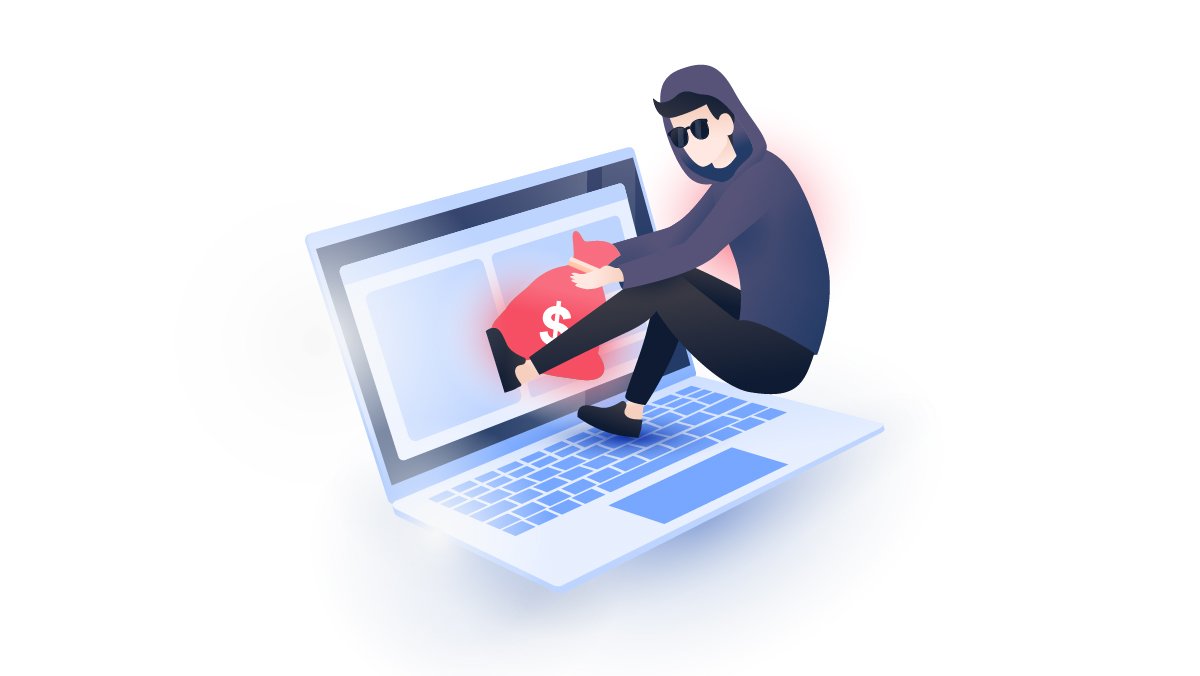Is Gmail secure enough to protect your emails?
Hackers are not the only bad guys who might secretly be reading your emails. Your email provider might be reading them, too. If the thought of anyone accessing your account without your knowledge scares you, then you should improve your Gmail account’s security and protect your data from both.
Emily Green
Jul 25, 2019 · 3 min read

How secure is Gmail?
If you are wondering whether Gmail is secure from hackers, then the answer is yes, but only to a certain extent. Gmail is encrypted with TLS while transferring your data and it protects your emails at rest with industry-standard 128-bit encryption. Your personal data is relatively safe (though nothing is 100% secure).
However, even though Google has quite a few security features in place to make it harder for outsiders to intercept your data, remember that it’s not just hackers you should be concerned about. Your email provider might be secretly reading your emails as well, and Google has been caught doing just that. Later, Google stopped doing so and “employed” bots to scan your emails and collect valuable information about you.

However, shortly after that, they slipped up again. This time they gave their partners full access to users’ emails. It wasn’t just bots but real human beings who were reading Gmail users’ emails without their knowledge. According to their partners and Google, they needed this information to train their AIs.
If you truly care about your privacy, you deal with sensitive information, or you shiver at the thought that someone might be reading your emails, you should consider enhancing your Gmail’s security (or looking for a privacy-oriented alternative).
How to improve Gmail’s security
1. Encrypt your Gmail
Encrypt your emails to make sure that no one snooping on you – not even Google – can read them. There are many third-party plugins to choose from, and some may require more technical know-how than others. Read our recommendations and full review here.
2. Use strong passwords
If your password is ‘password123’ or something similarly easy, you’re in trouble. If you use it for all of your accounts, that’s even worse. Most people use weak passwords. They can be easily guessed or have previously leaked in one of many data breaches, which makes hackers job fairly easy. Learn how to create strong passwords and keep them safe with a password manager.
3. Use 2-step verification
Make sure you activate 2-factor authentication (2FA). With 2FA, you will need a password as well as a unique code sent to your phone to access your account. It adds an extra step to your login process; however, that means that it will make it twice as hard to break into your Gmail account.
4. Learn to recognize phishing attempts
If you click on a suspicious link or a spoofed URL sent to your email address, there’s a high chance that your device will get infected with malware. However, it’s easy to learn to recognize phishing attempts.
5. Regularly update your operating system
Your email security depends on the security of your device. Make sure to update your operating system and your browser regularly. The latest updates usually patch vulnerabilities hackers can use to break into your device.
6. Regularly check your Gmail activity
Keep an eye on your Gmail for suspicious activities, as well as what devices logged into it and where. Sometimes, hackers will secretly leech your information without leaving clear signs that someone has access to your account. Follow these steps regularly to check whether your Gmail hasn’t been hacked.
7. Use VPN on a public Wi-Fi
If you need to check your emails on public Wi-Fi, make sure you use a VPN. It will encrypt your traffic so hackers snooping on the traffic won’t be able to see your data.
8. Complete Google’s security checklist
Go through Google’s security checklist and see whether there’s anything else you can change in your settings to improve your Gmail’s safety.
Protect yourself from hackers with NordVPN. Try it now with a 30-day money-back guarantee.


